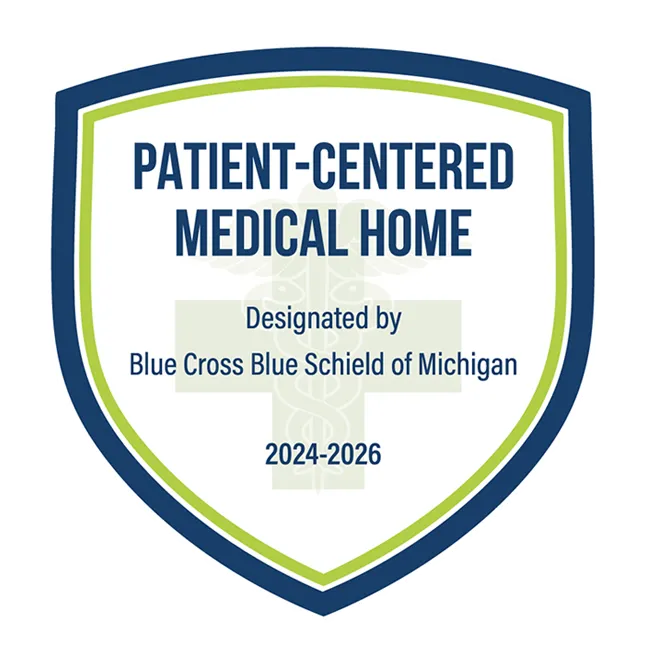Exploring the great outdoors can be one of life's most exhilarating experiences, but it also comes with risks, particularly from tiny, seemingly harmless creatures like ticks. These little pests can carry Lyme disease, a serious infection that can cause long-term health problems if not addressed promptly. Understanding how to prevent and treat tick bites and Lyme disease is crucial for outdoor enthusiasts. Continue reading to learn comprehensive tips to help you stay safe while enjoying nature.
Understanding Ticks and Lyme Disease
What Are Ticks?
Ticks are small, parasitic arachnids that feed on the blood of mammals, birds, and sometimes reptiles and amphibians. They are found in various environments, from grassy fields to dense forests. Ticks are most active during warmer months but can pose a threat year-round in some regions. There are several species of ticks, with the black-legged tick (or deer tick) being the primary carrier of Lyme disease.
What Is Lyme Disease?
Lyme disease is an infectious disease caused by the bacterium Borrelia burgdorferi. It is transmitted to humans through the bite of infected black-legged ticks. Early symptoms of Lyme disease include fever, headache, fatigue, and a characteristic skin rash called erythema migrans. If left untreated, the infection can spread to joints, the heart, and the nervous system, leading to more severe health issues.
Signs and Symptoms
Recognizing the early signs of Lyme disease is crucial for timely treatment. The most common symptoms include:
- Erythema Migrans: A red, expanding rash that often resembles a bull's eye. It appears at the site of the tick bite within 3-30 days.
- Fever and Chills: Similar to flu symptoms, these can occur early in the infection.
- Fatigue: Persistent tiredness that doesn't improve with rest.
- Muscle and Joint Pain: Aching in muscles and joints, often accompanied by swelling.
- Headache and Neck Stiffness: Neurological symptoms can develop as the disease progresses.
If you experience any of these symptoms after spending time in tick-prone areas, seek medical attention promptly.
Risk Factors
Certain factors can increase your risk of tick bites and Lyme disease:
- Geographic Location: Lyme disease is more prevalent in certain areas, including the northeastern, mid-Atlantic, and north-central United States.
- Outdoor Activities: Hiking, camping, gardening, and other outdoor activities increase exposure to tick habitats.
- Season: Ticks are more active during spring and summer, but precautions should be taken year-round.
- Clothing Choices: Wearing shorts and short-sleeved shirts in tick-infested areas increases your risk of bites.
Preventive Measures and Precautions
Preventing tick bites is the best way to avoid Lyme disease. Here are some effective strategies:
Ways to Prevent Tick Bites
- Use Tick Repellents: Apply insect repellents that contain 20-30% DEET on exposed skin and clothing. Permethrin-treated clothing can also be practical.
- Wear Protective Clothing: Long sleeves, long pants, and socks can reduce skin exposure. Light-colored clothing makes it easier to spot ticks.
- Avoid Tick Habitats: Stay on marked trails and avoid walking through tall grasses and dense vegetation.
- Check for Ticks: After spending time outdoors, thoroughly check your body for ticks. Pay close attention to areas like the armpits, groin, and scalp.
Ways to Prevent Lyme Disease?
- Prompt Tick Removal: Remove ticks as soon as possible using fine-tipped tweezers. Grasp the tick close to the skin and pull upward with steady pressure. Clean the bite area and your hands with alcohol or soap and water.
- Monitor for Symptoms: Keep an eye on the bite area for the development of a rash and be alert for early symptoms of Lyme disease.
- Consult a Doctor: Seek medical advice if you find an attached tick or experience symptoms. Early intervention can prevent the progression of the disease.
Diagnosis and Treatment
Ways to Treat Tick Bites
- Clean the Area: After removing a tick, clean the bite area with antiseptic.
- Watch for Signs of Infection: Redness, swelling, or pus at the site of the bite may indicate an infection and require medical attention.
Ways to Treat Lyme Disease
- Antibiotics: Early-stage Lyme disease is typically treated with antibiotics. Common options include doxycycline, amoxicillin, or cefuroxime axetil.
- Follow-Up Care: In some cases, additional treatment may be necessary for more advanced symptoms, including intravenous antibiotics for severe cases.
When to Call a Doctor?
You should contact a healthcare professional if you:
- You cannot completely remove a tick.
- Develop a rash or fever within weeks of removing a tick.
- Experience symptoms that could indicate Lyme disease, such as joint pain, fatigue, or neurological issues.
Early diagnosis and treatment are essential to prevent severe complications from Lyme disease.
Prevent Tick Bites and Lyme Disease with MI Express Urgent Care
Understanding how to prevent tick bites and Lyme disease is vital for outdoor enthusiasts to stay safe. You can significantly reduce your risk by taking preventive measures, staying vigilant for symptoms, and seeking prompt medical care when necessary. Enjoy your time in nature while staying safe and healthy.
If you suspect you have been bitten by a tick or are experiencing Lyme disease symptoms, don't hesitate to seek medical care. Contact us today for expert advice and best service.







